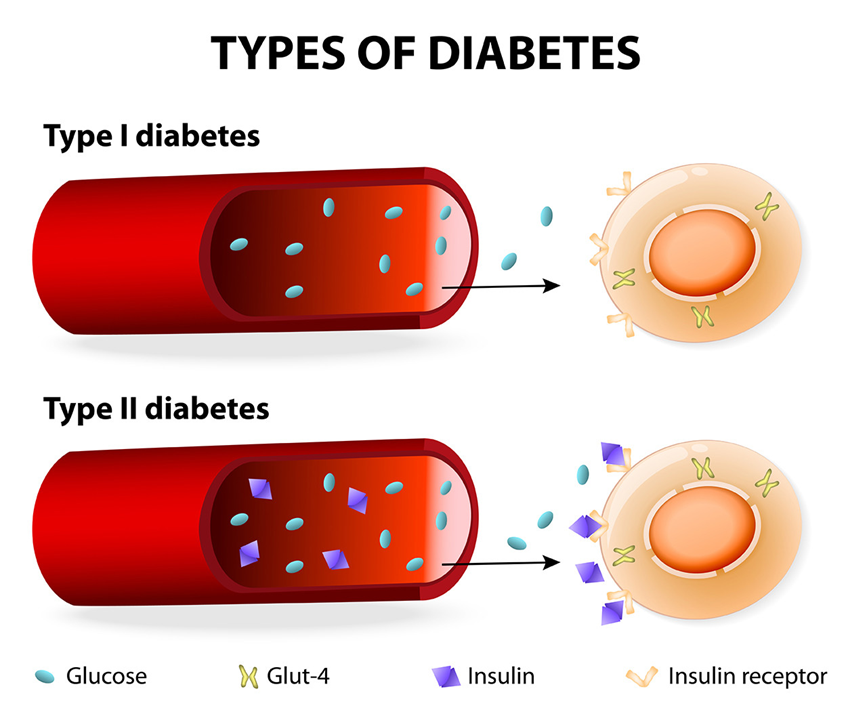A community health nurse is preparing an in-service for staff to define the conditions of causation in epidemiology studies. Which of the following descriptions should the nurse use to define a cessation of exposure to establish causation?
"When the exposure is decreased or eliminated, the risk of disease declines or is eliminated."
"The exposure must come before the disease develops.
"A relationship is biologically possible, and it makes sense."
"Increased exposure increases the risk of developing the disease."
The Correct Answer is A
Choice A: "When the Exposure is Decreased or Eliminated, the Risk of Disease Declines or is Eliminated."
This statement accurately describes the concept of cessation of exposure in establishing causation. According to the Bradford Hill criteria, if a factor is truly causal, reducing or eliminating exposure to that factor should lead to a decrease in the incidence of the disease. This principle helps to confirm the causal relationship between the exposure and the disease.
Choice B: "The Exposure Must Come Before the Disease Develops."
This statement refers to the temporal relationship criterion in the Bradford Hill criteria, which states that for an exposure to be considered causal, it must precede the onset of the disease. While this is an important aspect of establishing causation, it does not specifically address the concept of cessation of exposure.
Choice C: "A Relationship is Biologically Possible, and it Makes Sense."
This statement pertains to the biological plausibility criterion, which suggests that the observed association between an exposure and a disease should be consistent with existing biological and medical knowledge. While biological plausibility is crucial for establishing causation, it does not directly relate to the cessation of exposure.
Choice D: "Increased Exposure Increases the Risk of Developing the Disease."
This statement describes the dose-response relationship, another criterion in the Bradford Hill framework. It indicates that a greater level of exposure to a risk factor should correspond to a higher risk of developing the disease. Although this is an important aspect of causation, it does not specifically address the cessation of exposure.
Nursing Test Bank
Naxlex Comprehensive Predictor Exams
Related Questions
Correct Answer is D
Explanation
Choice A Reason:
Proportionate mortality refers to the proportion of deaths in a population attributable to different causes. It is expressed as a percentage of total deaths. While useful for understanding the distribution of causes of death, it does not provide a direct comparison of overall mortality rates between different populations or regions.
Choice B Reason:
Case fatality rate is the proportion of individuals diagnosed with a particular disease who die from that disease within a specified period. It is a measure of the severity of the disease rather than the overall mortality rate. This metric is not suitable for comparing general mortality rates between a state and the entire country.
Choice C Reason:
Cause-specific mortality rate refers to the mortality rate from a specific cause of death within a population. While this can provide insights into the impact of particular diseases or conditions, it does not offer a comprehensive view of overall mortality. Comparing cause-specific mortality rates would require multiple comparisons for different causes, complicating the analysis.
Choice D Reason:
Crude mortality rate is the total number of deaths in a population over a specific period, usually expressed per 1,000 or 100,000 individuals. This rate provides a straightforward measure of the overall mortality in a population, making it the most appropriate metric for comparing mortality rates between a state and the entire country. It allows for a direct comparison of the general health status and mortality burden across different regions.
Correct Answer is C
Explanation
Choice A Reason:
The closure of the elementary school and the shift to remote learning is a significant change for the child and family. However, it does not directly impact the child's diabetes management. The nurse should be aware of this change as it may affect the child's routine and stress levels, but it is not the primary concern in managing diabetes.
Choice B Reason:
The lenient notice from the power company regarding back payment of debt is a relief for the family, but it does not directly affect the child's diabetes care. While financial stability is important, the immediate concern for the nurse is ensuring the child has access to necessary medical care and supplies.
Choice C Reason:
The family may not be able to see preferred providers due to increased health insurance costs. This is a critical issue because access to preferred healthcare providers is essential for managing the child's diabetes effectively. Consistent care from knowledgeable providers ensures proper monitoring, education, and adjustments to the child's treatment plan. Without access to these providers, the child's health could be compromised.
Choice D Reason:
Enrollment in the Supplemental Nutrition Assistance Program (SNAP) to receive extra food benefits is beneficial for the family's overall nutrition. However, it does not directly address the specific needs related to managing diabetes. While good nutrition is important, the primary concern is ensuring access to specialized medical care.

Whether you are a student looking to ace your exams or a practicing nurse seeking to enhance your expertise , our nursing education contents will empower you with the confidence and competence to make a difference in the lives of patients and become a respected leader in the healthcare field.
Visit Naxlex, invest in your future and unlock endless possibilities with our unparalleled nursing education contents today
Report Wrong Answer on the Current Question
Do you disagree with the answer? If yes, what is your expected answer? Explain.
Kindly be descriptive with the issue you are facing.
